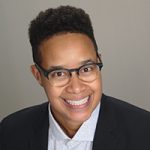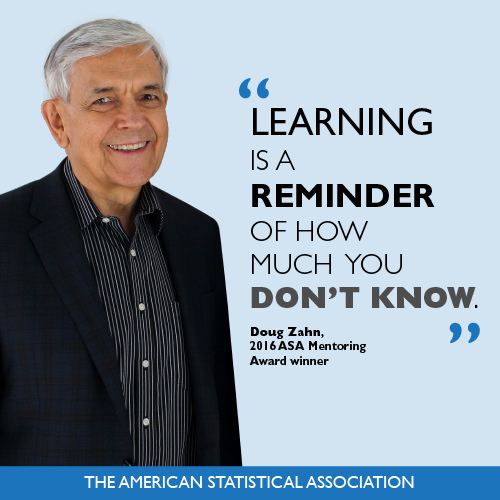A career panel is an opportunity for students to receive advice for getting a job and being successful once in a job. Likewise, for those who are in industry, sharing experiences offers a chance to consider lessons learned on the job.
Every year, the University of Cincinnati ASA student chapter—named BearStats since the mascot of our university is the Bearcat—hosts a career panel of professionals from industry in statistics and data science.
The first step we take when planning this event is to determine potential panelists and reach out to them. One of the best ways to find potential panelists is through faculty members. We approach faculty members each year and ask them to recommend speakers. Then, we either contact potential panelists or ask faculty members to reach out on our behalf.
Another approach for finding panelists is to contact previous students we interacted with as teaching assistants or classmates. We also ask members from the professional Cincinnati Chapter to consider participating. This is a large and connected group of professionals who understand the mission of student ASA chapters, so they are typically happy to help.
Through these avenues, we maintain a list of professionals who can be contacted for current and future panel sessions.
We think it is essential for our panelists to be representative in terms of training, industry type, and community. We contact alumni from different communities to represent the diversity of students in our chapter. Specifically, we form the panel with a combination of domestic and international professionals who can answer corresponding questions. We also invite professionals in entry-level technical and managerial positions.
Once we confirm the panelists, one of the challenges we face is encouraging students to attend. We market our event in myriad ways. First, we create a flier with the names, job titles, and companies of the panelists and make sure to display “Free Food” in bold letters on all materials. We also ask professors in our department to promote the event during classes. Further, we created a website that allows us to inform potential participants about the event through emails. We send an email and request students RSVP with name, email address, and academic program. We also encourage them to join our club via a form on the website. Finally, we send reminders to students before the event.
We distribute the flier and RSVP link by connecting with program directors and asking them to send an email to their students. We have had students at all levels, backgrounds, and programs attend.
When it comes time to prepare for the panel, we collect questions from students and add general questions that will most benefit those attending. We email these questions to the panelists so they can prepare beforehand. Examples of questions we have asked the panel include the following:
- What are some of the most challenging/rewarding aspects of your job?
- What is the most important advice you would give from your experiences?
- How did you prepare during your bachelor’s/master’s for the job search?
- What advice would you give to students on the job search?
Students can ask questions at any time during the session. Most importantly, we leave ample time for students to interact one-on-one with the professionals after the event. Also, when the panel is over, we collect feedback from students so we can improve future sessions.
The panels have been supported by department faculty and staff, who have provided parking and helped book the conference rooms. Because the panels provide a platform for sharing experiences between students and professionals, they are popular. We feel lucky to have had the opportunity to connect professionals with students at our university and develop a statistics and data science community in the Cincinnati area.







Leave a Reply